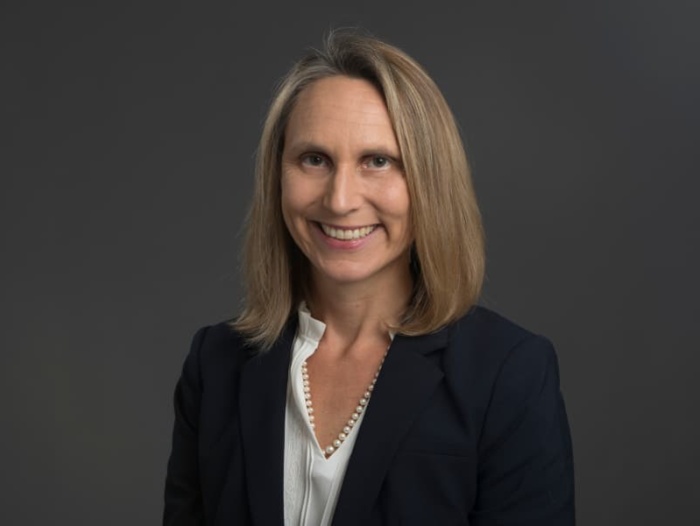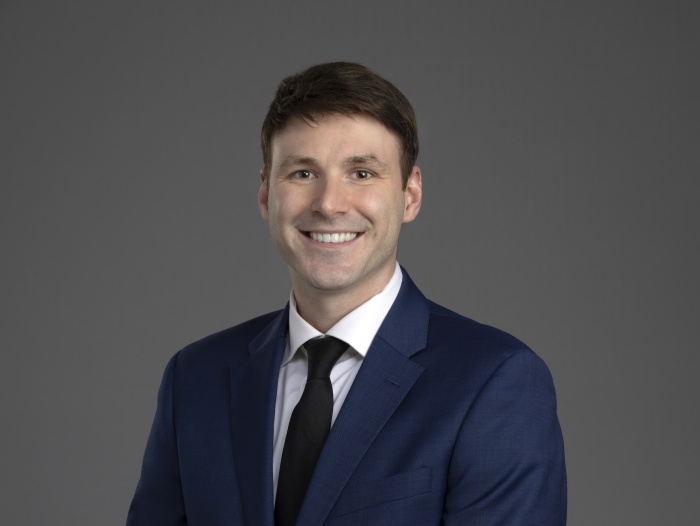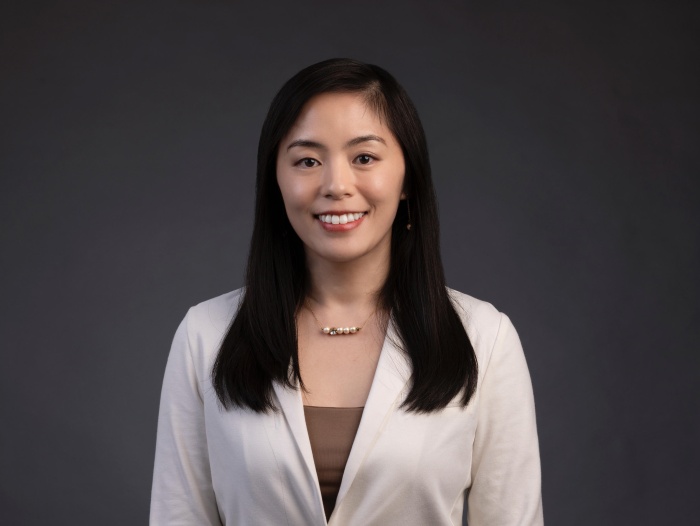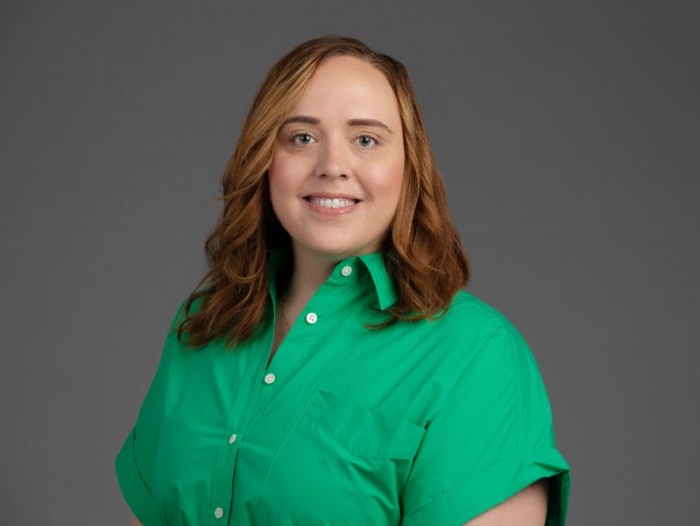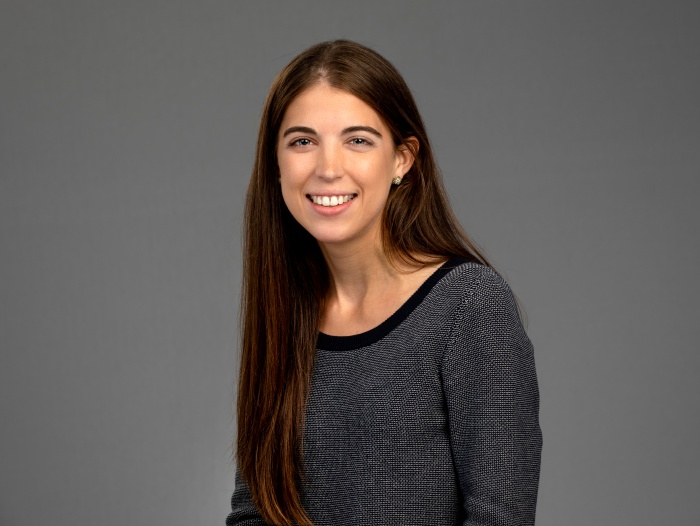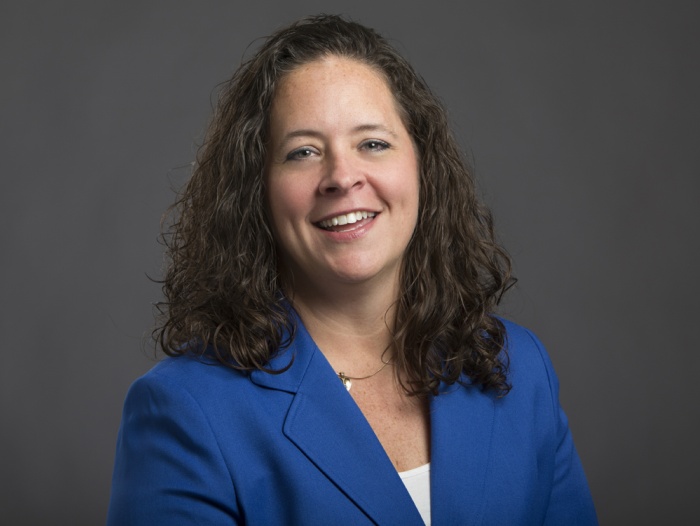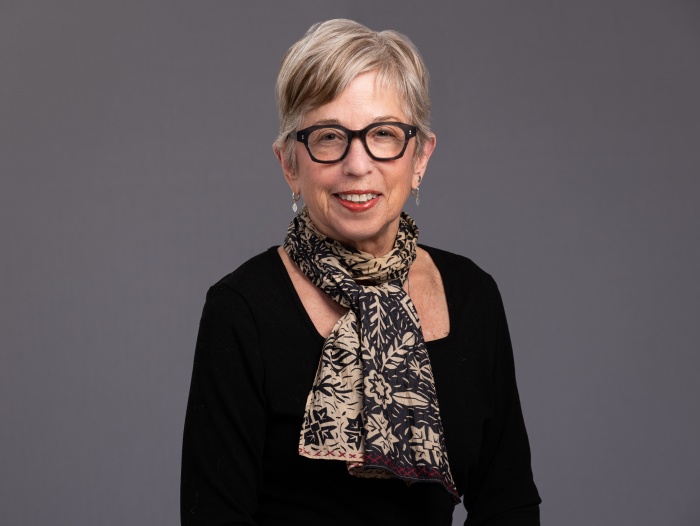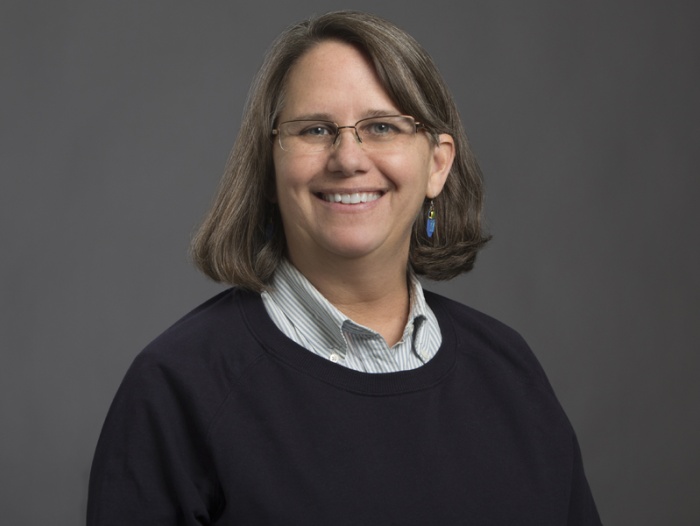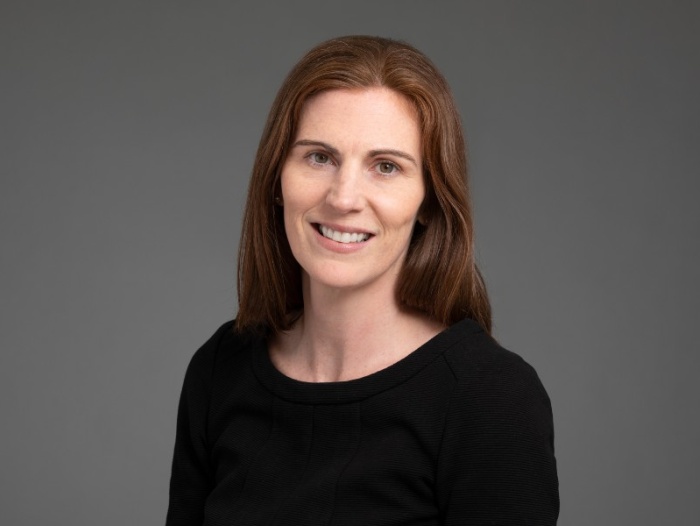Our Family Nurse Practitioner (FNP) Doctor of Nursing Practice (DNP) Program prepares you to deliver comprehensive primary health care. You will learn to care for people across the lifespan. The program also focuses on the importance of population health and social determinants of health.
We offer tracks for both bachelor’s- and master’s-prepared nurses. Our program is ranked among the best in the nation by U.S. News & World Report.
Rush's approach: Family Nurse Practitioner DNP program
Rush University is well known for its practitioner-teacher model. You’ll learn from faculty who are active practitioners at a top-tier academic medical center, Rush University Medical Center.
Many faculty also practice at specialty clinics, urgent care clinics, school-based health centers, free care clinics and federally qualified health centers.
This means many program advisers and clinical faculty are practicing NPs who have clinical experience that will enrich your learning.
Advisers work closely as mentors for doctoral projects and clinical rotations. As a small program, our advisers can spend significant time with our students to maximize learning and foster leadership skills and diagnostic reasoning.
We provide clinical workshops in combination with our large simulation center to prepare students for clinical learning and enhance skills.
Students will become leaders in their field, with a focus on both clinical excellence and ability to head initiatives to improve health outcomes. Our students and graduates perform the following services:
- Diagnose and manage acute and chronic conditions
- Provide independent and comprehensive care to patients managing complex health conditions
- Emphasize preventive care and promote healthy lifestyle choices
- Educate and collaborate with patients in managing chronic health issues
- Lead teams to implement quality improvement strategies in their health care settings for populations of interest
Family Nurse Practitioner DNP program length and location
Our Family Nurse Practitioner DNP Program in Chicago takes two and a half to three and a half years to complete, depending on whether you attend full-time or part-time.
Most classes are offered online.
Plans of study are individualized for your learning needs.
There are options for fully online learning with minimal campus visits or a hybrid of synchronous and asynchronous learning courses.
Some classes are offered both online and on campus. A few core courses are only offered online.
Clinical practice sites are located in the Chicago area, so all students must live nearby.
All students are required to be on campus for the following activities:
- Program orientation: One-day, on-campus orientation (usually September)
- Health assessment: One to two days on campus
- Orientation to the DNP project and clinical rotations: Typically the term before beginning clinicals and usually lasts a half day
- FNP management clinicals: Typically four days per term, for three terms of clinical for the purpose of clinical evaluation and simulation
- DNP project problem statement presentation: Mid-program and usually lasts a half day
- DNP project proposal: Just before beginning DNP project implementation and usually lasts one day
- DNP project final presentation: In the last term of the project and usually lasts one day
Certification
After completing the program, you will be eligible for certification as a family nurse practitioner (FNP).
Certification is earned by taking the exam offered by the American Academy of Nurse Practitioners or the American Nurses Credentialing Center.
Family Nurse Practitioner DNP program tuition
We know your education is a big investment. We want to make sure you have all the information you need to make the best financial decisions for you and your family.
Tuition for the Family Nurse Practitioner DNP Program is $1,436 per credit hour.
Learn about student financial aid options.
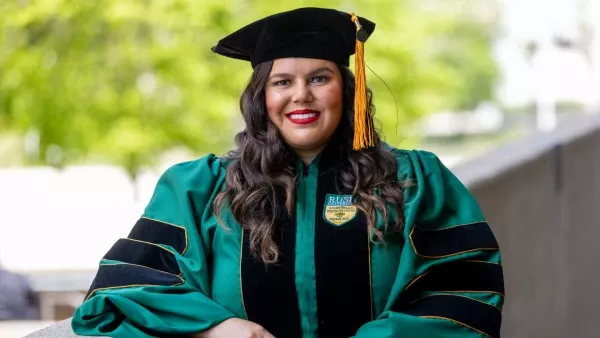
“I kept hearing from nurses that Rush was a place where they were very well respected. Their voices mattered. They were heard. ...And having worked here, I fully agree.”
Family Nurse Practitioner (DNP) career opportunities
Our graduates practice all over the country and often choose to work in the following areas:
- Family practice
- Adult internal medicine
- Primary care
- Pediatrics
- Specialty clinics
- Urgent/emergency care
- Women’s health
Our graduates are also employed in many other settings, depending on their interest. These settings include the following:
- Convenient care clinics
- Emergency departments
- Nursing schools
- Outpatient ambulatory settings
- Private practice
- Public health clinics
- Specialty practice
- Underserved community settings
Employment of nurse practitioners is expected to grow 40% from 2021-31. This is much faster than the average for other professions.
In 2021, the median salary for full-time nurse practitioners was $113,000, according to the American Association of Nurse Practitioners.
Elizabeth Miranda
Admissions Specialist
elizabeth_m_miranda@rush.edu
(312) 942-6986
Learn about upcoming sessions and events in your field of interest.


